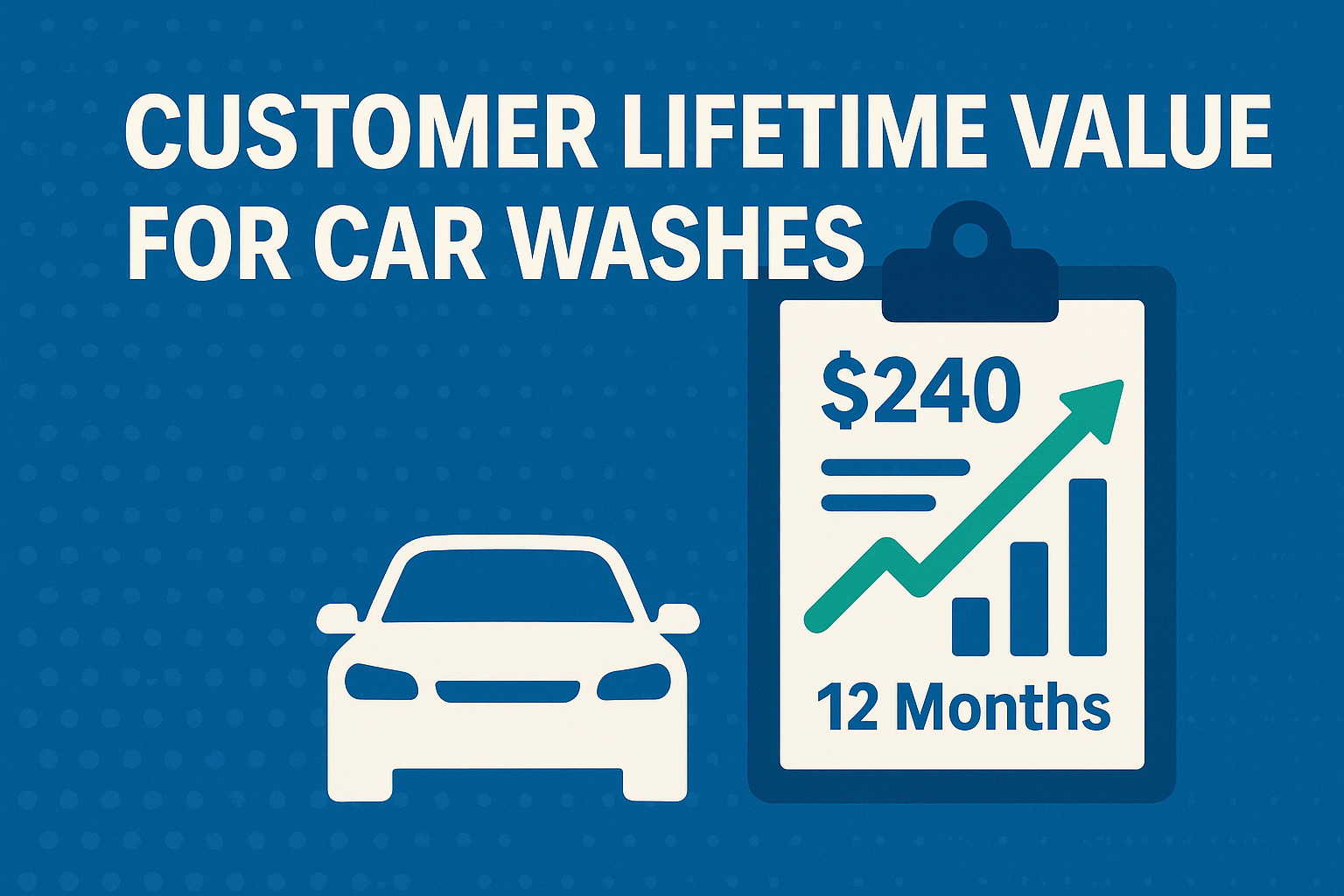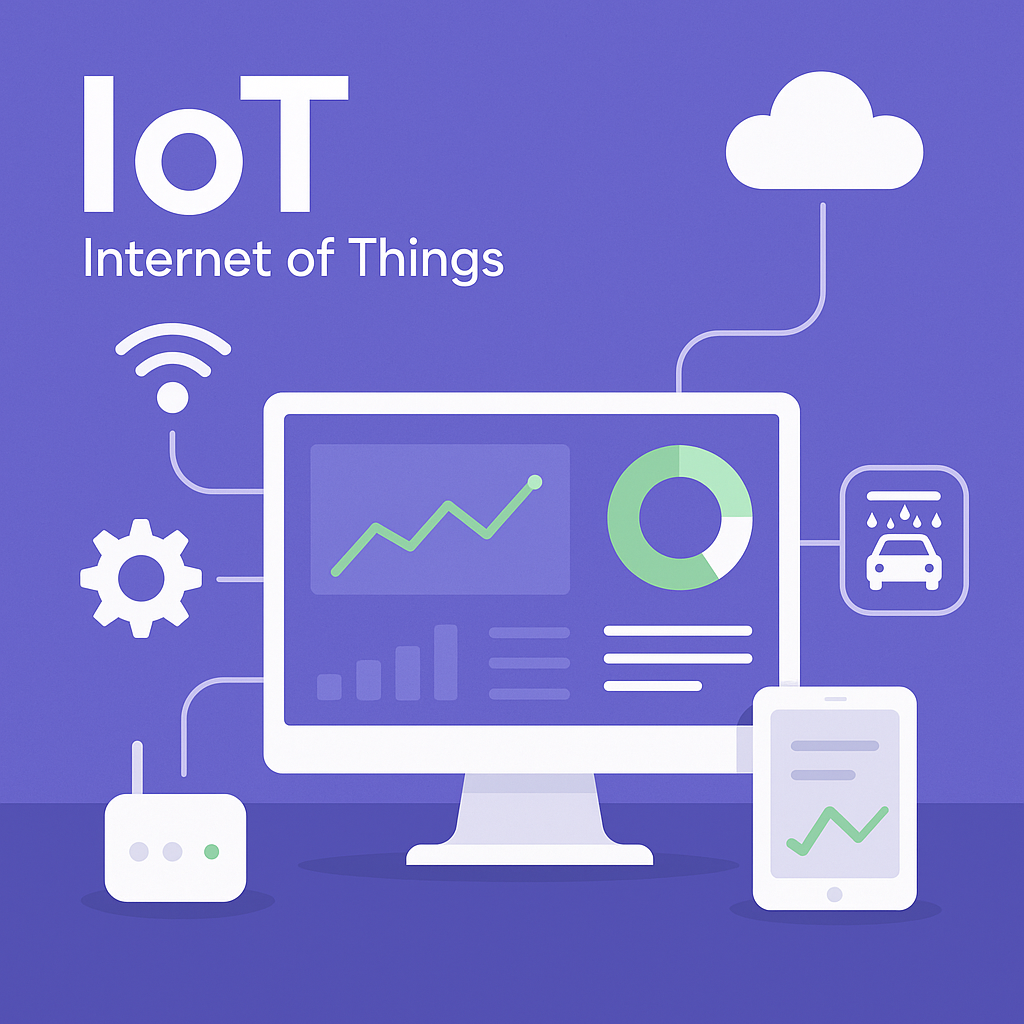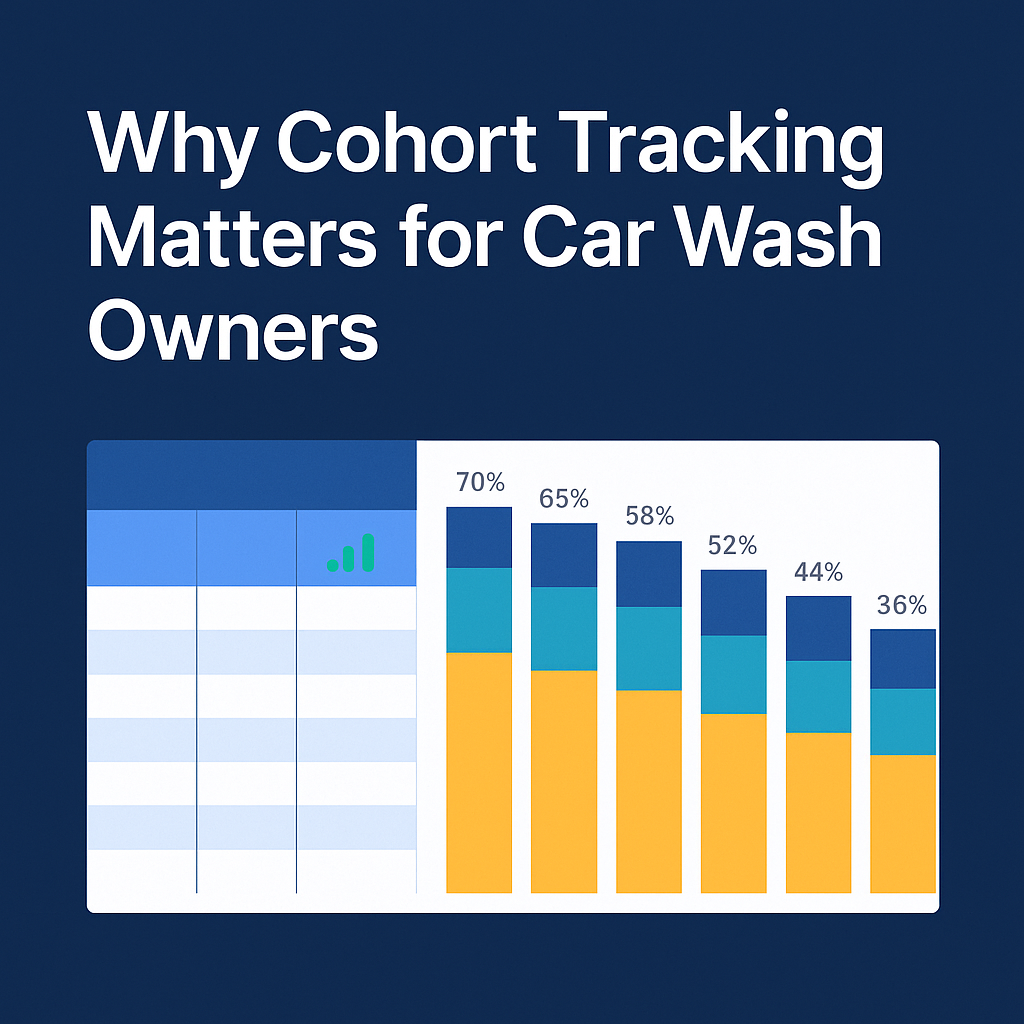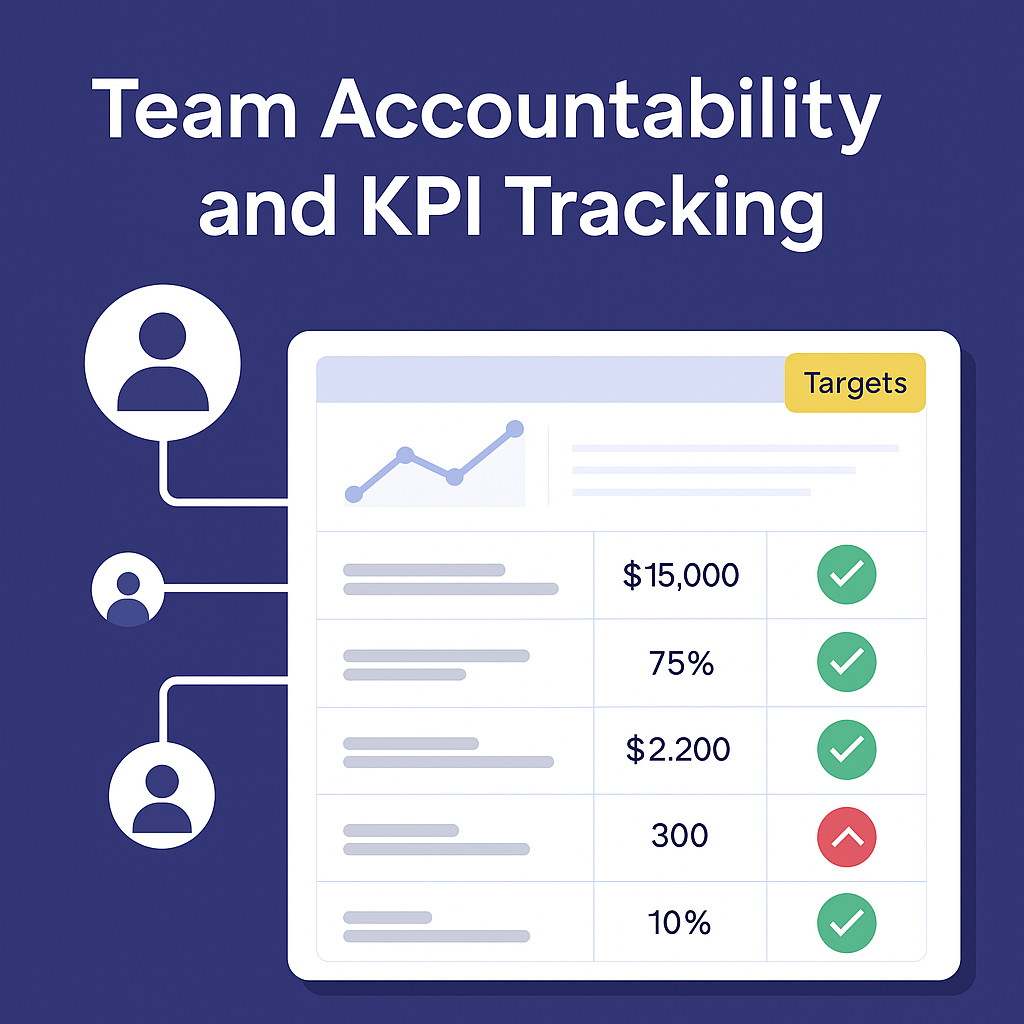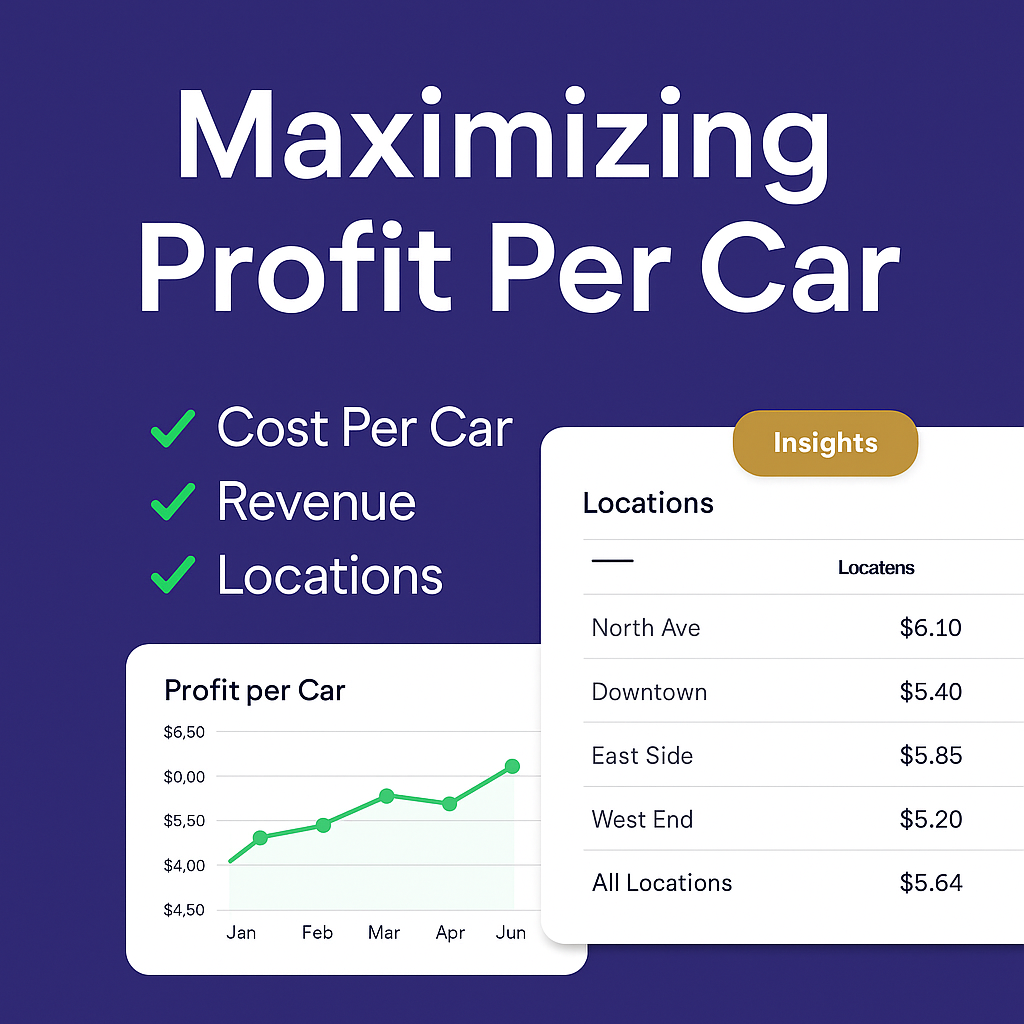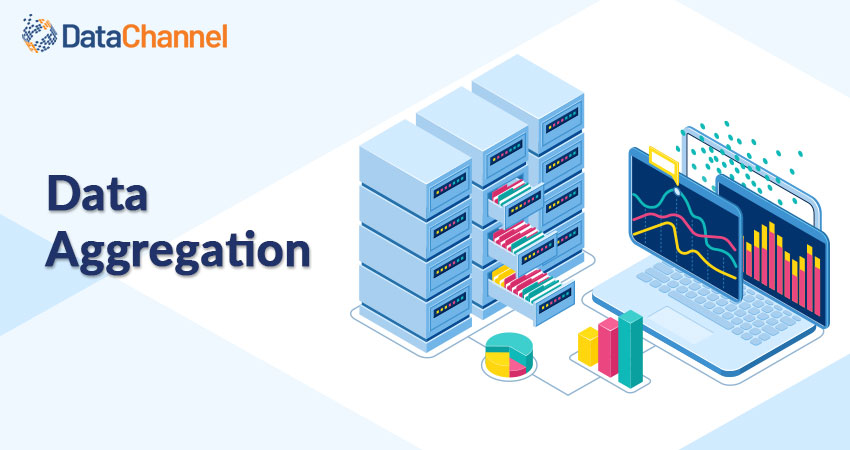
Maximizing Insights with a Data Aggregation Platform
In today’s data-driven world, a data aggregation platform is essential for businesses aiming to gain deeper insights and drive growth. As organizations collect and utilize increasing amounts of data, the ability to efficiently consolidate and analyze that data becomes a defining factor between industry leaders and followers. This guide will explore how a robust data aggregation platform can significantly enhance business insights by streamlining data collection and improving the quality of analysis.
We will examine various types of platforms and their key features, illustrating the numerous advantages of adopting this technology. For instance, the case of WashMetrix in the car wash industry demonstrates the impact of effective data aggregation. By the end of this post, you will understand how to select the right data aggregation platform for your business, allowing you to fully harness the power of your data.
What is a Data Aggregation Platform?
A data aggregation platform is a software system designed to collect and organize information from various sources into a unified view. This process is vital for organizations dealing with large volumes of data, as it makes data manageable and easily accessible. By centralizing diverse data sources, businesses can enhance their analysis capabilities, leading to improved decision-making.
These platforms play a crucial role in aligning data strategies with business objectives. Organizations utilize data aggregation tools to transform raw information into actionable insights, fostering better collaboration across departments. This centralization supports strategic planning and enhances overall business performance.
Furthermore, a robust data aggregation platform enhances visibility into business data. This improved visibility enables companies to identify trends, monitor key performance indicators, and respond swiftly to changes in the market. With accurate data aggregation, organizations can modify their strategies in real-time to meet customer needs and maintain a competitive advantage.
As data environments become increasingly complex, the adoption of a data aggregation platform is more important than ever. Organizations must leverage these technologies to optimize their data resources, driving operational efficiency and promoting a culture of data-driven decision-making.
As the value of data aggregation platforms becomes clearer, organizations are increasingly recognizing the significant benefits they offer in today’s competitive landscape.
Importance and Benefits of Using Data Aggregation Platforms
In today’s data-driven business landscape, a data aggregation platform plays a crucial role. These platforms combine data from multiple sources, providing insights that enhance decision-making. Research indicates that 75% of businesses prioritizing data integration experience improved decision-making capabilities.
Moreover, data aggregation platforms enhance operational efficiency by breaking down data silos. Organizations that connect their data systems can reduce operational costs by up to 20%. This integration fosters collaboration among departments, leading to more streamlined workflows.
Additionally, these platforms deliver actionable insights that support data-informed strategies. With these insights, businesses can refine their market strategies, boost customer engagement, and guide product development. Notably, 65% of companies utilizing data analytics report gaining a competitive edge. Analyzing extensive data sets deepens understanding and enables businesses to anticipate market trends effectively.
In summary, adopting a data aggregation platform significantly enhances decision-making, boosts efficiency by linking data sources, and generates valuable insights for strategic planning. As businesses increasingly recognize these advantages, the adoption of data aggregation platforms is poised to grow.
With the benefits of data aggregation platforms established, we will now examine the different types available and how they can fulfill various business needs.
Types of Data Aggregation Platforms
Understanding the types of data aggregation platforms is crucial for enhancing business insights and decision-making. These platforms can primarily be categorized into manual processes and automated tools, each serving distinct needs.
Manual data aggregation involves manually collecting data from diverse sources, often resulting in slow and error-prone outcomes. Businesses typically rely on spreadsheets, emails, or direct database queries. This approach can lead to inconsistencies, as important information may be overlooked during tasks like creating monthly reports, which ultimately affects the accuracy of the analysis.
In contrast, automated data aggregation platforms streamline data collection through advanced technologies. These tools enable real-time integration from multiple sources, allowing businesses to manage substantial volumes of data swiftly and accurately. By automating tasks, organizations can achieve significant efficiency, with studies indicating that automation can handle up to 85% of data tasks without human involvement. This permits employees to concentrate on more strategic initiatives.
The advantages of employing automated systems are considerable. They enhance accuracy by reducing the risk of human error, ensuring that businesses rely on trustworthy data. Furthermore, automated platforms accelerate data processing and retrieval. Companies using these systems have reported a remarkable 50% reduction in the time dedicated to data collection, enabling quicker insights and enhanced adaptability to market fluctuations.
In summary, while manual aggregation can be beneficial in certain contexts, automated platforms offer superior efficiency and reliability. This makes them the preferred option for businesses looking to refine their insights and operations. The following section will discuss the key features of effective data aggregation platforms, guiding you in choosing the most suitable solution for your needs.
Key Features of Effective Data Aggregation Platforms
Choosing the right data aggregation platform is essential for improving how your business manages and analyzes data. A platform equipped with key features can help organizations maximize their data potential.
A primary feature to consider is data compatibility. An effective data aggregation platform should integrate easily with various sources such as third-party applications, databases, and social media. This compatibility allows for the creation of comprehensive datasets that facilitate thorough analysis, ultimately leading to better business insights.
Strong data processing capabilities are also crucial. The best platforms handle large volumes of data efficiently, transforming raw information into valuable insights through automation. Features like data cleansing and enrichment are vital, as they ensure that the aggregated data is refined and ready for analysis.
Integration with business intelligence (BI) tools is another important aspect. Leading data aggregation platforms connect seamlessly with popular BI tools, enabling users to visualize data and extract insights without needing technical expertise. This accessibility allows businesses to respond quickly to market changes and internal needs.
Real-time data processing stands out as a critical feature as well. It empowers businesses to react swiftly to trends and events, thereby enhancing operational efficiency, driving innovation, and improving customer satisfaction.
Together, these features make a data aggregation platform an invaluable asset for organizations seeking to leverage data effectively. As reliance on this technology increases, understanding these capabilities will aid in selecting the right tools.
Next, let’s explore the practical applications of data aggregation platforms and their impact across various industries.
Real-World Applications of Data Aggregation Platforms
Data aggregation platforms are transforming how businesses operate and make decisions across various industries. By simplifying large volumes of data into actionable insights, these platforms help companies improve efficiency and remain competitive.
In retail and e-commerce, data aggregation platforms play a critical role in sales analytics. They enable businesses to gather and analyze data from multiple sources, including online sales, customer feedback, and inventory levels. Through the analysis of this aggregated sales data, companies can identify trends, optimize inventory management, and refine marketing strategies to better align with customer needs. Reports indicate that 73% of firms using data aggregation have enhanced their sales forecasting, leading to more informed business decisions.
Similarly, in the healthcare sector, data aggregation platforms significantly improve patient data management. By consolidating patient records from diverse systems into a single view, healthcare providers can streamline operations and enhance patient care. This approach has resulted in a 30% increase in the speed of patient data retrieval, which allows for quicker diagnoses and treatments. Furthermore, it fosters better collaboration among healthcare professionals, leading to improved clinical outcomes and higher patient satisfaction.
Data aggregation platforms also benefit industries like car washes. For example, platforms like WashMetrix analyze data from car wash systems, customer transactions, and external factors. This information helps businesses identify peak operating times, assess service quality, and offer personalized promotions. As a result, such strategies have boosted customer retention rates by over 20% and improved resource management, thereby reducing operational costs.
Overall, data aggregation platforms empower businesses to leverage data effectively, yielding insights that enhance performance and customer satisfaction. Choosing the right data aggregation platform can significantly enhance a company’s operational intelligence and drive strategic growth.
Selecting the Right Data Aggregation Platform for Your Business
Choosing the right data aggregation platform is crucial for making informed business decisions. Start by analyzing your specific data needs. Different businesses require various types of data, so understanding what data to aggregate, the volume of data you have, and how often you need access is vital. This clarity will guide you in finding a platform that aligns with your business objectives.
Integration capabilities play a significant role as well. Many businesses utilize a combination of databases and tools, so your chosen data aggregation platform should seamlessly integrate with your existing systems. It’s beneficial to select platforms that support popular applications or provide robust API features. This will simplify data integration, enhance operational efficiency, and improve your overall data strategy.
Scalability is another essential consideration. As your business expands, the volume and complexity of your data will increase. Ensure that the platform can evolve with your business needs. Additionally, evaluate the level of user support offered by the provider, including documentation, training, and responsive assistance, as these will facilitate smooth implementation and optimize your platform usage.
In summary, to choose the right data aggregation platform, evaluate your data needs, assess integration capabilities, and prioritize scalability and user support. This methodical approach will empower businesses to harness their data aggregation efforts for enhanced insights.
With a clear understanding of how to select a data aggregation platform, we’ll now delve into a case study: WashMetrix in the Car Wash Industry. This example will illustrate its impact on improving business performance and customer satisfaction.
Case Study: WashMetrix in the Car Wash Industry
WashMetrix serves as an effective data aggregation platform specifically tailored for the car wash industry. By consolidating data on customer interactions, operational efficiency, and financial performance, it equips car wash businesses with essential insights that support informed decision-making.
A standout feature of WashMetrix is its ability to integrate smoothly with existing systems such as point-of-sale (POS) terminals and customer management tools. This integration allows the platform to collect data from various sources, thus delivering a comprehensive overview of business operations. With access to real-time analytics, managers can identify performance trends and make necessary adjustments to their services promptly.
Businesses that have adopted WashMetrix have experienced notable improvements in their operations. On average, these companies report a 20% boost in operational efficiency following the platform’s implementation. Additionally, WashMetrix incorporates predictive analytics, which aids managers in anticipating peak times and optimizing staffing levels. This feature has led to a significant 15% reduction in labor costs within just the first year of use.
Furthermore, WashMetrix plays a crucial role in enhancing customer loyalty. Thanks to personalized offers derived from data insights, up to 30% of customers return for services. In summary, utilizing WashMetrix as a data aggregation platform demonstrates the effectiveness of specialized business intelligence solutions in improving operations within niche markets like car washes. This not only enhances competitiveness but also allows businesses to respond swiftly to market demands.
Conclusion
Implementing a data aggregation platform can significantly enhance your business’s ability to gather and analyze information. These platforms efficiently consolidate data from various sources, streamlining the process of extracting valuable insights. By understanding their advantages, you can select the right data aggregation platform that meets your specific business needs.
For example, WashMetrix demonstrates the tangible benefits that data aggregation platforms provide in the car wash industry. With a clear grasp of what these platforms offer, you can evaluate various options to see how they align with your operations, ultimately improving decision-making and fostering growth. Each data-driven decision propels your business towards strategic success. By embracing a data aggregation platform, you can unlock new insights and elevate your business to the next level.
About WashMetrix
WashMetrix is a cutting-edge business intelligence platform tailored for the car wash industry, providing robust data analytics to improve financial tracking and operational performance.
By centralizing crucial metrics into an easy-to-use dashboard, WashMetrix enables car wash operators of all sizes to visualize key performance indicators and make data-driven decisions that enhance efficiency and profitability. Discover how WashMetrix can optimize your car wash operations today!
